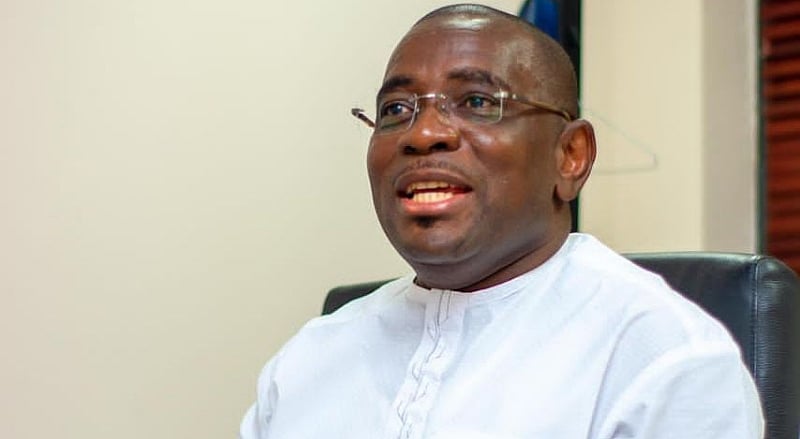The upcoming 2024 elections have intensified political debates in Ghana, with particular emphasis on the National Democratic Congress (NDC) and its performance over the years. The Member of Parliament for Akim Swedru has voiced strong concerns about the NDC’s track record, urging voters to consider the potential consequences of their choices in the upcoming elections. This MP frames the decision to vote for the NDC as an act that could lead to regret, emphasizing the party’s past governance failures and the socio-economic challenges that have arisen under its leadership.
In discussing the NDC’s policies, the MP highlights various issues such as unemployment, economic instability, and corruption, claiming that these factors have adversely affected the lives of ordinary citizens. He argues that the NDC has consistently mismanaged the economy, leading to increased hardship for the populace. This sentiment resonates with many who are concerned about their financial security and the overall health of the national economy, suggesting a growing discontent with the status quo since the NDC’s previous terms in office.
Furthermore, the MP criticizes the NDC’s handling of youth issues, particularly in relation to job creation and education. He asserts that the party has failed to provide the necessary support and opportunities for the younger generation, which could jeopardize their future. This perspective highlights the critical role of youth engagement and empowerment in the electoral process, as young voters are increasingly becoming aware of the significant impact that political decisions have on their lives.
The MP’s statements have sparked discussions around the efficacy of the NDC’s policies and its ability to deliver on campaign promises. Critics argue that the NDC’s previous elections were characterized by lofty promises that ultimately went unfulfilled, leading to disenchantment among the electorate. In light of these criticisms, the MP stresses the importance of accountability and transparency within political parties, urging the electorate to hold candidates to their commitments and to be cautious about repeating past mistakes.
Moreover, the political landscape in Ghana is marked by intense rivalry between the primary parties, which further complicates voter decisions. The MP’s message is part of a broader strategy to encourage voters to critically assess their options rather than blindly support traditional party lines. This approach aims to empower voters to make informed choices that reflect their aspirations and needs rather than party loyalty.
As the election date approaches, the discourse surrounding the NDC’s risks becomes increasingly pertinent. The MP’s warning serves not only as a critique of the NDC but also as a call to action for voters to engage thoughtfully with the political process. By weighing the potential impacts of their decisions, voters can play a significant role in shaping the future of Ghana. Ultimately, the challenges facing the nation necessitate a careful evaluation of leadership options, with the hope that the electorate will choose representatives who genuinely prioritize their best interests.


